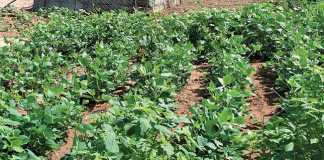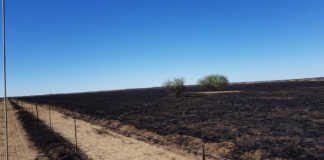It was anticipated that domestic demand for timber and other forest products will increase in 2013 thanks to the Presidential Infrastructure Co-ordinating Committee (PICC). However, Forestry SA (FSA), which represents more than 90% of timber growers locally, said that the impact of administered prices, while better managed by some government departments and parastatals during 2012 than in previous years, will still be felt in a market where these could not be passed on to buyers.
The FSA said problems caused by “the poorly-thought-out draft legislation that has required such time-consuming responses from the forestry products industry, and which seems at odds with the economic and social challenges facing this industry and country at large, may continue in 2013.”
While the FSA was in discussions with the PICC to determine the extent of expected demand for local forestry products, the industry also hoped for an increase in export revenue over the coming year as a result of a weaker rand. Exact 2012 production figures were not yet available, but FSA executive director Michael Peter said it appeared that these would follow a similar trend to 2011. During 2011, SA sold 15,3 million tons of roundwood timber, 46,8% of which was Eucalyptus, 42,5% was softwood, and 10,7% was wattle.
“As was the case in 2011, timber volumes started off higher but declined throughout the year. We anticipate that, from a volume perspective, the sector will end the year with similar volumes as those produced last year,” said Peter. According to FSA, in 2013, it would like to see a recovery in the global and domestic markets and better dialogue with the department of rural development.
It added that it would also like to see much greater fiscal support for the Forestry Broad-Based Black Economic Empowerment Charter to match the outstanding progress made in transformation by the private forestry sector.












